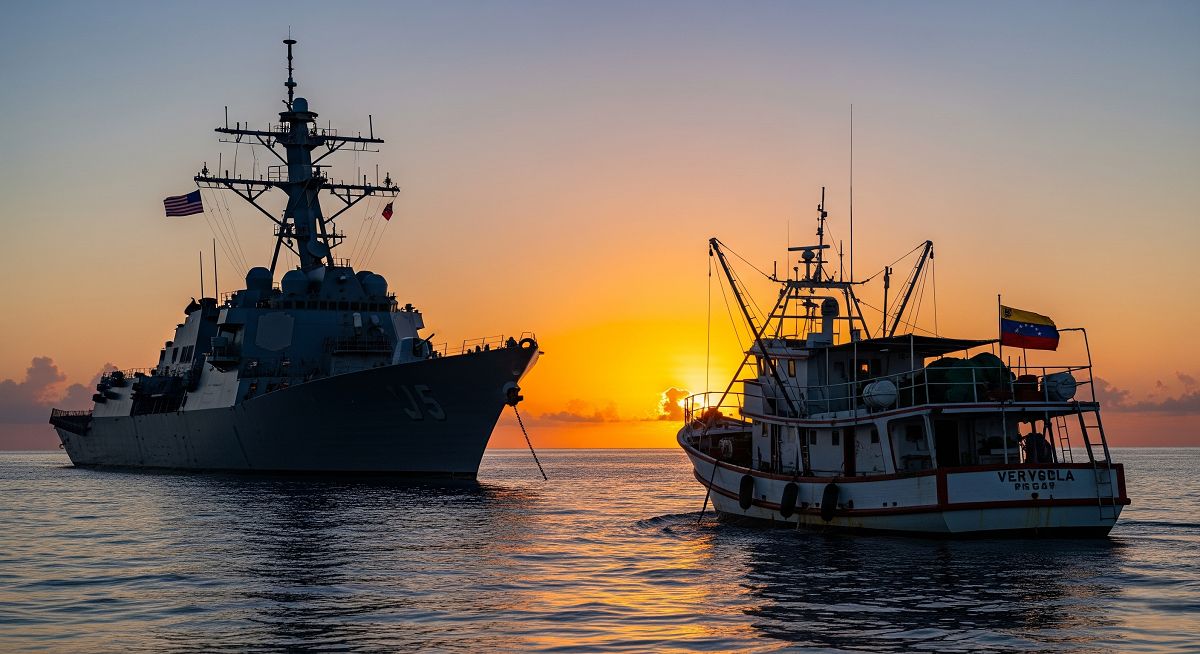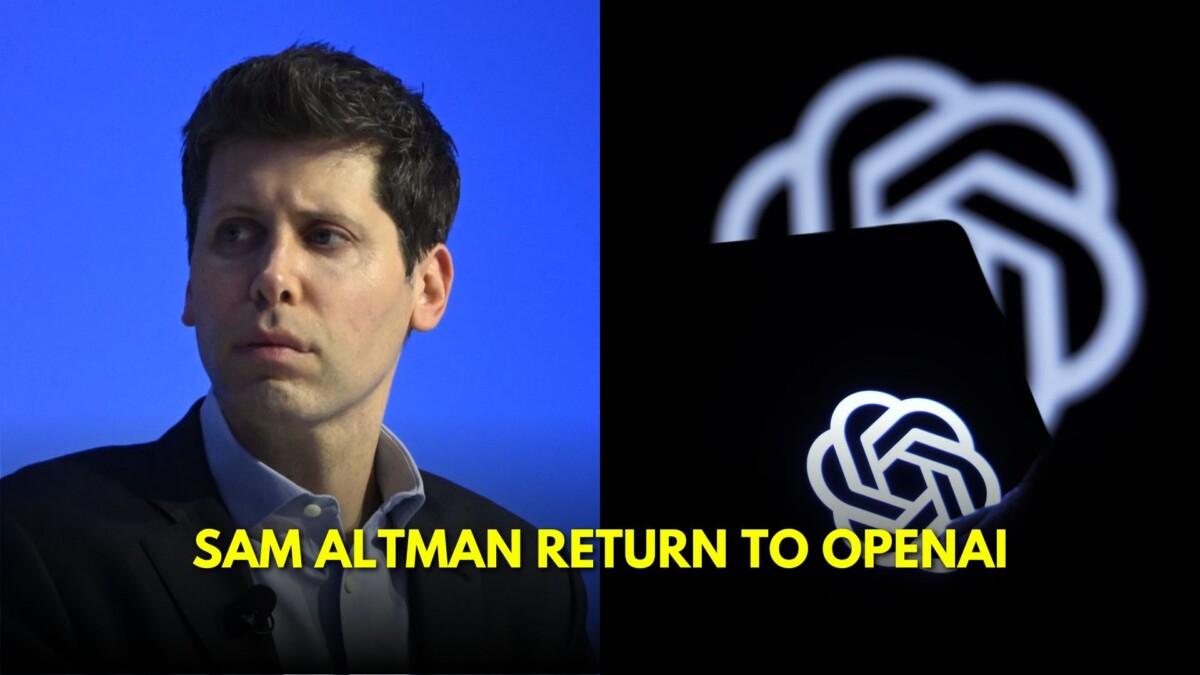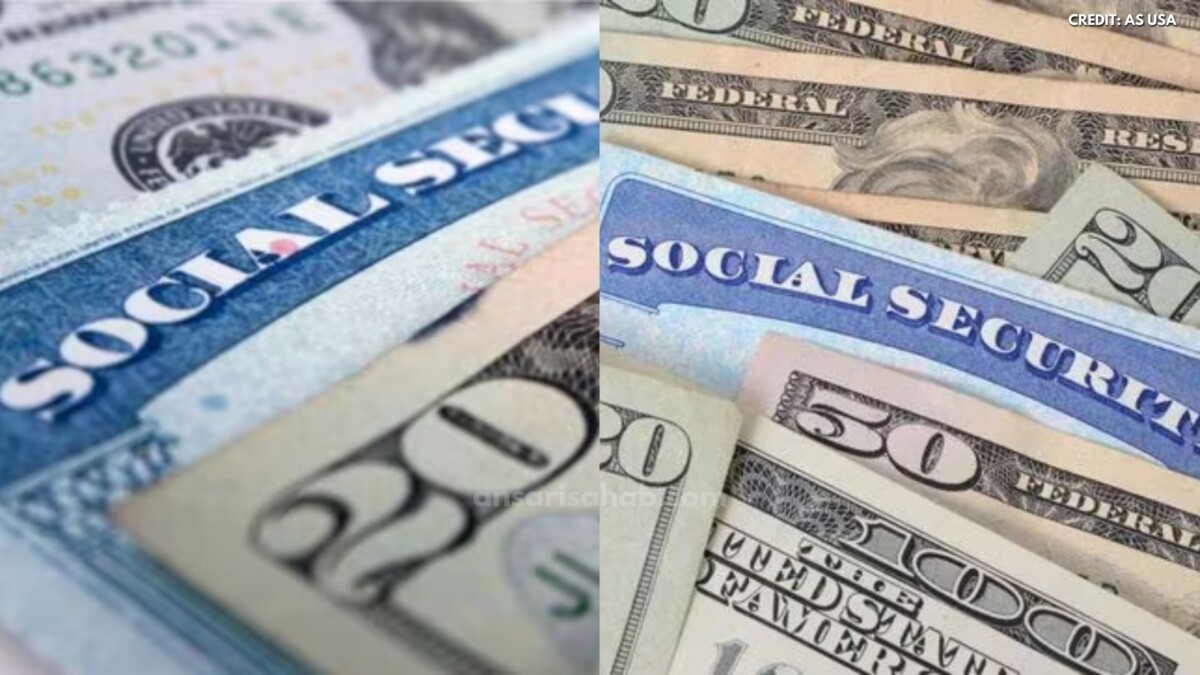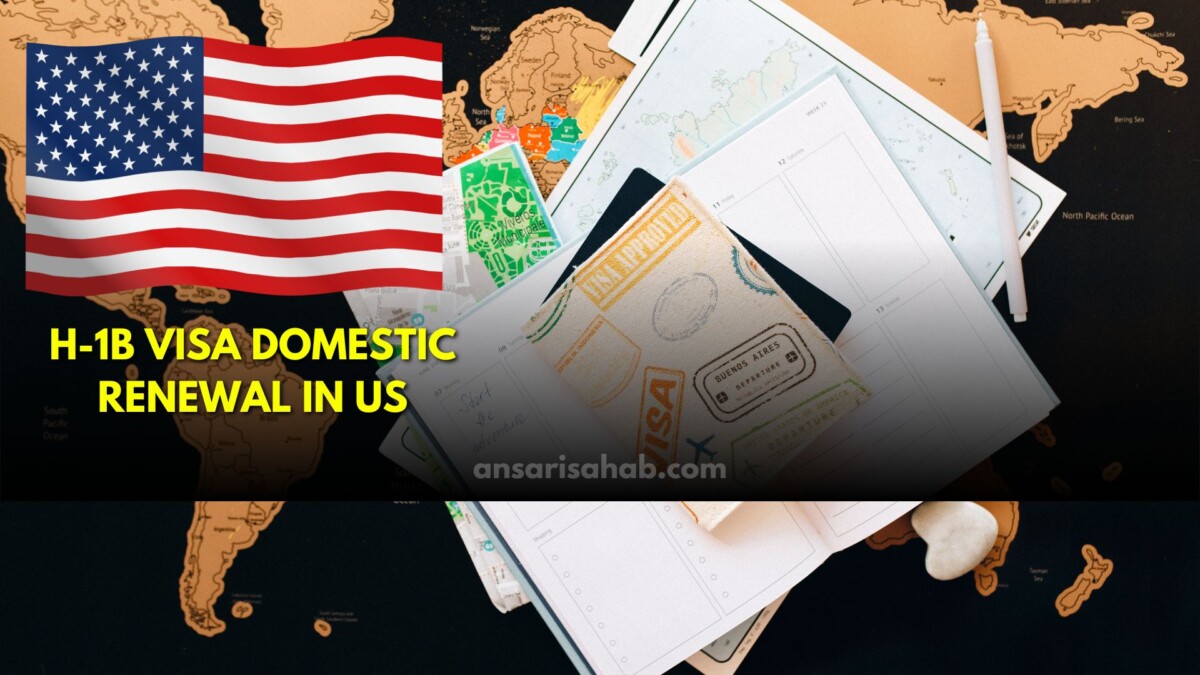Venezuela Claims U.S. Navy Raided Tuna Boat in Caribbean
Venezuela’s government alleges that U.S. Navy personnel carried out a Tuna Boat Raid in Caribbean waters on September 12, 2025, boarding a Venezuelan fishing vessel with nine fishermen aboard. The incident, condemned by Caracas as illegal and hostile, has intensified diplomatic tensions between Venezuela and the United States.
Trying to Understand What Happened
According to Foreign Minister Yván Gil, a U.S. destroyer—named in some reports as the USS Jason Dunham—boarded the Venezuelan tuna boat while it was operating in what Venezuela claims are its national waters. The boarding reportedly involved 18 armed U.S. personnel, who detained the fishermen for about eight hours, cut off their communications, and restricted their normal operations. Later, the fishermen were released under escort by the Venezuelan Navy.
Venezuelan authorities assert that the fishing boat had official authorization from the Ministry of Fisheries to fish in that area. A video released by Caracas reportedly shows part of the vessel, U.S. personnel and a warship; Venezuela used it to support its claim that the raid was “illegal and illegitimate.”
U.S. Position and Context of Rising Tensions
As of this writing, the U.S. government has not issued a detailed public response confirming or denying all aspects of Venezuela’s account. The White House is reported to be reviewing the claims.
The incident comes amid a broader U.S. military buildup in the Caribbean, which U.S. officials say is aimed at countering drug trafficking. In August 2025, President Donald Trump ordered deployments of warships to the Caribbean region, citing ongoing efforts against Latin American drug cartels. Venezuela views these deployments with suspicion, accusing the U.S. of using military force to justify potential regime change.
Reactions, Warnings, and Diplomatic Fallout
Foreign Minister Gil described the boarding as “hostile” and a violation of Venezuela’s sovereignty. He claimed that such provocations could be intended to generate justification for a military escalation in the Caribbean.
President Nicolás Maduro’s administration has called for increased militia readiness and warned citizens of possible threats to territorial integrity. Venezuelan officials stressed they will defend sovereignty and demanded an immediate end to what they said are aggressive acts.
In the U.S., some lawmakers and foreign policy analysts are watching closely. Questions have been raised about international law, rules of engagement, and whether U.S. naval forces have clear authorization for such operations. The U.S. has also faced criticism from human rights advocates who warn against actions that may escalate into confrontation.
Why This Incident Matters
- Sovereignty & International Law: If Venezuela’s claims are accurate, then the raid raises serious issues under maritime law about unauthorized boarding in territorial or exclusive economic zones.
- Geopolitical Risk: The incident adds fuel to already tense U.S.–Venezuela relations, at a time when both countries are accusing the other of provocative acts.
- Drug-Trafficking vs Fishing Rights Conflict: U.S. arguments about combating cartels often clash with Venezuelan claims about protecting fishermen and legal fishing activities, creating ambiguity on what constitutes legitimate operations versus suspected illicit ones.
- Precedent for Future Operations: How Washington responds (or refrains from responding) may set a precedent for future U.S. naval operations in the Caribbean, especially those conducted under anti-drugs mandates.
FAQs
A: Venezuela alleges that a U.S. Navy destroyer illegally boarded a tuna fishing boat with nine Venezuelan fishermen aboard, detained them for eight hours in Venezuelan waters, then released them under naval escort.
A: Venezuela names the U.S. destroyer Jason Dunham (DDG-109). The raid reportedly occurred in what Venezuela claims is its territorial or exclusive economic zone in the Caribbean.
A: Venezuela has condemned the raid as illegal, with its government demanding a stop to what it calls provocations. The incident has increased tensions and raised concerns across international law, maritime rules, and U.S.–Venezuela policy. The U.S. response has been limited so far, pending verification.









